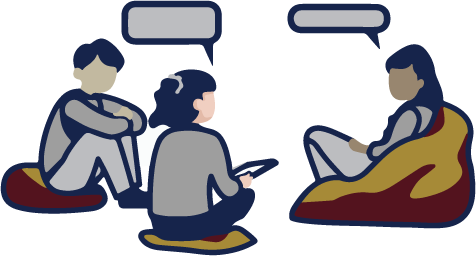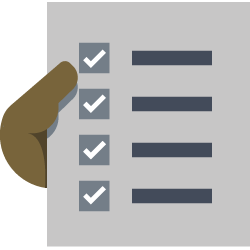Veterans Courts in Arizona
What They Are, How They Work, and Who Qualifies
What is Veterans Court?

Who is Veterans' Court for?

Who is eligible for Veterans' Court?

How can a veteran remain eligible for a Veterans Court program?
What is the process for Arizona Veterans Courts?


The Department of Veterans Affairs Veterans Justice Outreach specialist then verifies the veteran's eligibility for benefits and conducts an initial assessment of their treatment requirements. If the veteran is eligible, the local VA medical facility will then conduct a more in-depth assessment.

Example
A.R.S. § 26-168 extends the following protections to members of the National Guard or U.S. Armed Forces Reserves:
Employers may not prohibit service members from taking a leave of absence from employment due to following competent orders (orders issued by the National Guard or any of the Armed Services to report to duty, training, or drills).
Service member’s time on military leave may not impact an employee’s vacation rights. However, an employer is allowed to count the absences during military leave for calculating an employee’s eligibility for vacation time and pay.
Members of the National Guard or the U.S. Armed Forces Reserves may not lose seniority while away.
When service members return from military service, an employer should allow the employee to receive their previous role.
Employers may also place returning service members in a role of higher status which they would have earned and be qualified for if it had not been for their military leave.
A.R.S. § 26-168 also addresses State Employees who are National Guard or U.S. Armed Forces Reserves.
A person who violates these protections may be guilty of a class 1 misdemeanor (A.R.S. § 26-168 (E)). These matters are held in Superior Court.
What happens to veterans who complete their program successfully?
Successful completion of the Veterans Court program will be marked by “graduation” from the program.
Upon successful completion of a Veterans' Court program, diversion eligible veterans may have their case dismissed. Veterans on probation may have their probation successfully terminated.

Veterans in Veterans' Court can expect to be subjected to more frequent reviews by the court to monitor the veteran’s progress in their treatment programs.
